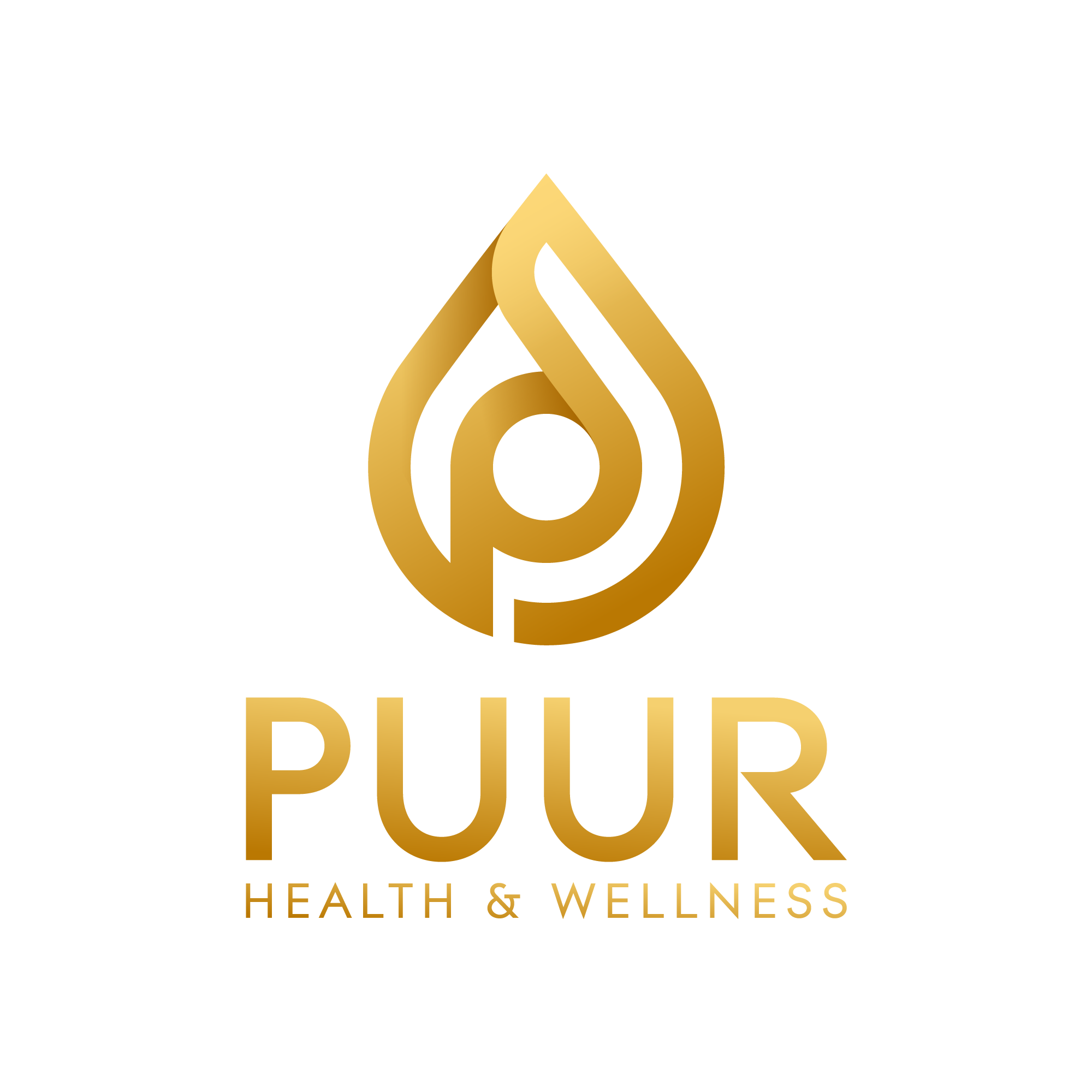Let’s talk testosterone, guys. It’s the hormone that keeps you feeling like yourself—powering your energy, muscle growth, and, let’s face it, a bit of that competitive edge. But as you get older, you might notice the spark fading. Energy dips, building muscle gets harder, and even your mood can feel off. It’s enough to make you ask, “Can you replace testosterone naturally?”
The short answer? Maybe. There’s no quick fix, but there are definitely ways to help your body get back on track. Here’s the deal: testosterone production is a complex process involving your brain, pituitary gland, and, of course, your testes. When something’s off in this system, your levels can drop.
Before jumping straight to testosterone gels you’ve seen on TV, think about it like this—you wouldn’t pour fuel into a car if the engine’s clogged, right? First, let’s focus on getting that engine running smoothly. Here’s how.
Hit the Gym, Not the Snooze Button
Exercise is your best mate when it comes to testosterone. Here in Houston, we know a thing or two about pushing ourselves – whether it’s hitting the weights at the gym, pounding the pavement for a run, or even a brisk walk along the Buffalo Bayou.
Strength training is particularly effective. As you build muscle mass, your body naturally ramps up testosterone production to support that growth. Aim for compound exercises that work multiple muscle groups at once – think squats, deadlifts, and rows.
But don’t forget the importance of sleep! When you’re catching those Zzzs, your body cranks out testosterone. Aim for 7-8 hours a night of quality shut-eye. Here’s a tip: ditch the phone and screens before bed, create a relaxing bedtime routine, and make sure your bedroom is cool, dark, and quiet.
Fuel Your Body, Not Your Frustrations
What you put on your plate can have a big impact on your testosterone levels. Here’s the deal: certain foods contain nutrients that support testosterone production, while others can actually hinder it. Let’s talk about the good stuff first.
Protein Power
Protein is the building block of muscle, and guess what? Building muscle helps boost testosterone. Aim for lean protein sources like chicken, fish, beans, lentils, and tofu. Incorporate protein-rich foods into each meal and snack to optimize muscle protein synthesis and support testosterone production.
Healthy Fats
Don’t be afraid of healthy fats like those found in olive oil, avocado, nuts, seeds, and fatty fish. These fats are essential for hormone production and overall health. Aim for a balance of monounsaturated and polyunsaturated fats, as they can help reduce inflammation and improve blood flow, both of which are beneficial for testosterone production.
Zinc for the Win
Zinc is a mineral essential for testosterone production and overall health. Oysters are a classic source, but you can also find zinc in beef, chicken, pumpkin seeds, and fortified cereals. Incorporating zinc-rich foods into your diet can help support testosterone levels, especially for those with zinc deficiencies.
Now, let’s address the not-so-good stuff.
Sugar Crash
Refined sugar and sugary drinks can wreak havoc on your blood sugar levels and disrupt hormone production, including testosterone. Opt for natural sweeteners like honey or maple syrup in moderation. Prioritize whole grains, fruits, and vegetables for sustained energy and better blood sugar control.
Booze Blues
While a cheeky pint after work might seem like a good way to unwind, excessive alcohol consumption can significantly lower testosterone levels. Alcohol can interfere with sleep quality, disrupt hormone production, and lead to nutrient deficiencies. Limit your alcohol intake to moderate levels and choose healthier alternatives like water, herbal tea, or low-alcohol beverages.
The Milk Myth and the Supplement Scramble
Speaking of food, the question of “Does milk increase testosterone” pops up a lot. While milk does contain some essential nutrients like vitamin D, which can play a role in hormone regulation, the direct link to testosterone is less clear. The primary concern with dairy products, especially full-fat varieties, is their potential impact on hormone levels due to the presence of certain compounds. It’s generally recommended to opt for low-fat or skim milk to minimize any potential negative effects.
Supplements promising a testosterone boost might seem tempting, but tread carefully. Many haven’t been rigorously tested and could come with unintended side effects. Some supplements, like those containing vitamin D, zinc, and magnesium, might offer some support for testosterone levels, but it’s crucial to consult with your doctor before starting any new supplements. Over reliance on supplements can sometimes mask underlying health issues and hinder a comprehensive approach to managing testosterone levels.
Remember, a balanced diet, regular exercise, and adequate sleep are the cornerstones of optimal health, including testosterone production. While supplements may offer some additional support, they should never replace a healthy lifestyle.
Stress Less, Live More
Chronic stress is a testosterone killer. When you’re constantly on edge, your body pumps out cortisol, a stress hormone. This disrupts the delicate balance in your body, leading to lower testosterone levels.
Finding healthy ways to manage stress can be a game-changer. Whether it’s meditation, yoga, spending time in nature, or simply reading a good book, find what works for you. A relaxed mind leads to a happy body, and potentially, a happier testosterone level.
The Bottom Line
So, can you replace testosterone naturally? While lifestyle modifications can certainly support healthy testosterone levels, there’s no guaranteed way to completely replace declining testosterone naturally. However, by adopting a holistic approach that includes a balanced diet, regular exercise, stress management, and adequate sleep, you can optimize your body’s natural production of testosterone.
If you’re experiencing symptoms of low testosterone, it’s crucial to consult with a healthcare professional to get an accurate diagnosis and discuss appropriate treatment options. Remember, a personalized approach is key to achieving optimal health and well-being.
While PUUR Health and Wellness doesn’t offer specific treatments for low testosterone, we understand the importance of overall health and wellness. Our intravenous hydration therapy can help you feel refreshed and energized, supporting your body’s natural functions.
Resources:


